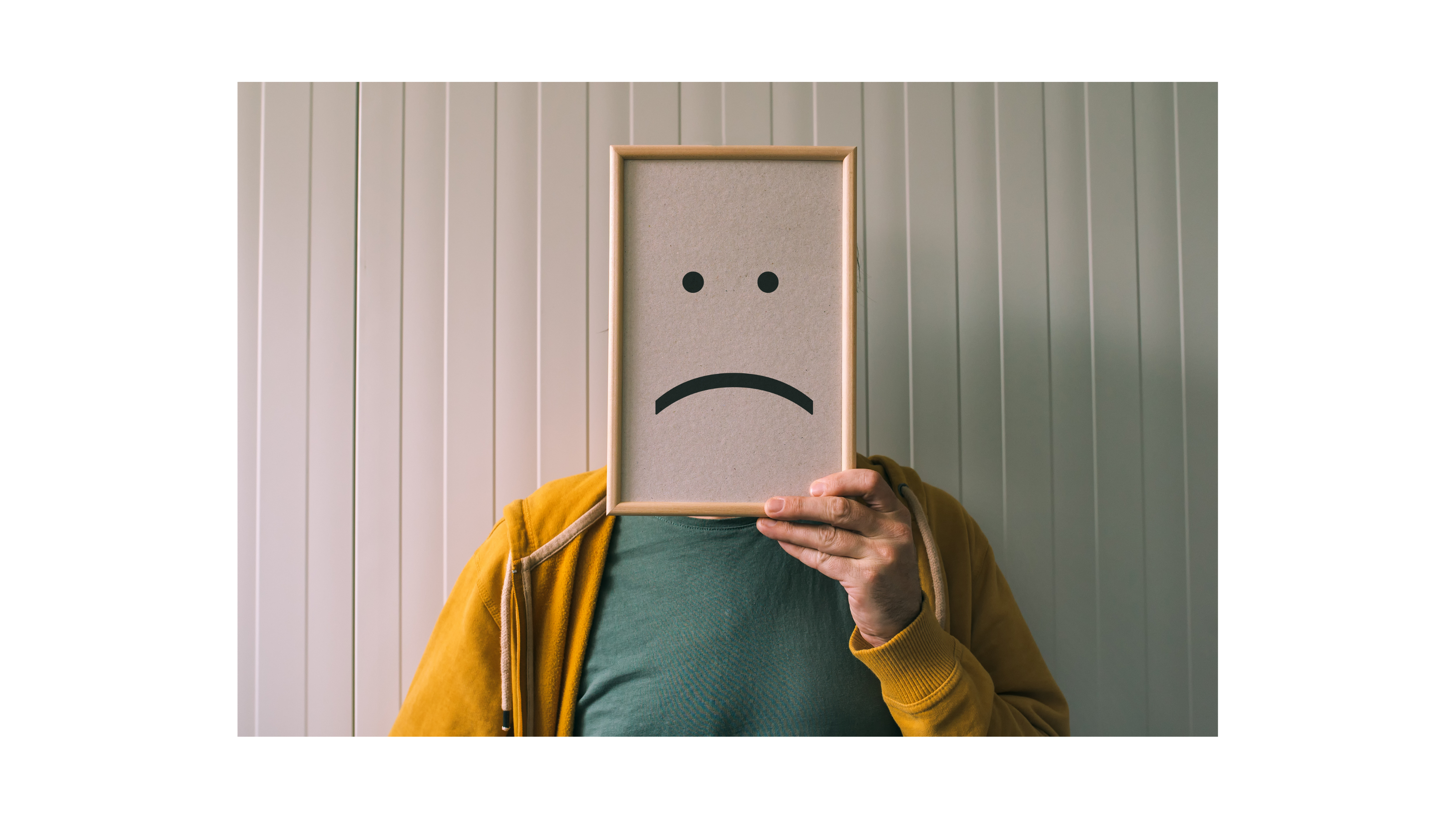Awareness Is the First Step Toward Healing
When we understand mental health, we remove the fear and silence that keep people suffering alone. Awareness opens doors—to conversation, compassion, and change.

What is Mental Health?
Mental health is about more than the absence of illness—it’s the foundation of how we think, feel, and connect with others. It affects how we handle stress, make choices, and experience life.
When our mental health suffers, so does our sense of belonging, purpose, and hope. But with care and understanding, recovery is not only possible—it’s powerful.
Common Conditions & Symptoms

Depression
Persistent sadness, loss of interest, or hopelessness that affects daily life. It’s not weakness—it’s an illness that deserves care.
Anxiety Disorders
Excessive worry, fear, or panic that interfere with work, school, or relationships. Support and therapy can help regain control.
Bipolar Disorder
Intense mood swings—from emotional highs to deep lows. With the right treatment plan, stability and balance are achievable.
PTSD (Post-Traumatic Stress Disorder)
Ongoing distress after trauma. Symptoms may include flashbacks, nightmares, or hypervigilance. Healing begins with safety and trust.
ADHD (Attention-Deficit/Hyperactivity Disorder)
Difficulty focusing, staying organized, or managing impulses. Many thrive with structure, therapy, and support.
Eating Disorders
Severe disturbances in eating behaviors linked to emotional distress. Treatment focuses on both physical and mental recovery.
How to Support a Loved One Facing Mental Health Challenges
-
Listen Without Judgment
Create a safe space where your loved one feels heard, not pressured or criticized.
-
Educate Yourself
Learn about their condition so you can better understand what they’re going through and how to help.
-
Encourage Professional Help
Gently suggest seeking therapy or other mental health resources, and offer to help with the process if they’re open to it.
Mental Health Topics
Explore insights, resources, and personal stories designed to help you understand mental health from every angle—awareness, healing, and hope.
-

The Personal Side of Minds United — Why We Chos...
Minds United was born from heartbreak and resolve. When the mental health system failed my own family, I saw what millions experience every day—long waits, high costs, and too few...
The Personal Side of Minds United — Why We Chos...
Minds United was born from heartbreak and resolve. When the mental health system failed my own family, I saw what millions experience every day—long waits, high costs, and too few...
-

The Scale of the Problem: Why Mental Health Can...
Every day, millions of people fight battles no one can see.One in five adults in the U.S. is living with a mental illness, yet more than half receive no care...
The Scale of the Problem: Why Mental Health Can...
Every day, millions of people fight battles no one can see.One in five adults in the U.S. is living with a mental illness, yet more than half receive no care...

Take Our Quiz
Not sure where to start on your mental health journey?Our quick self-assessment helps you identify areas of stress, mood, or burnout—and points you toward helpful resources and next steps.It’s private, free, and only takes a few minutes.


